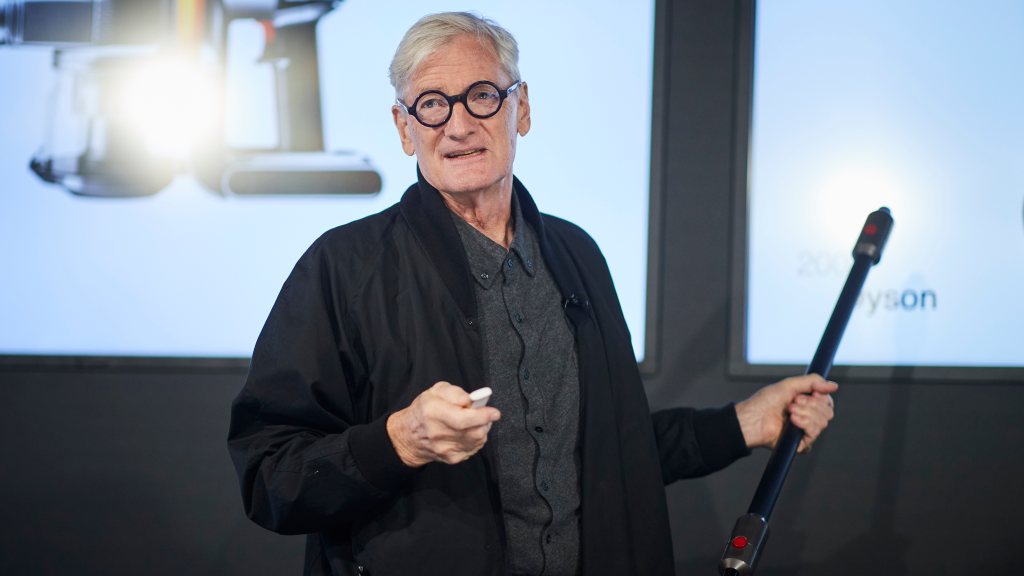Insights from Over Two Decades in the Golf Industry
James Day, 44, is the founder and CEO of Urban Golf, an innovator in indoor golf that recently celebrated 20 years in business. After leaving school at 16 to pursue a career as a PGA professional, he turned pro at 17. Motivated by the connections made with business mentors and potential investors at his golf club, Day launched Urban Golf at 24, first in Soho, London, followed by a second location in Smithfield Market two years later. With advancements in golf simulator technology and the upcoming TGL league featuring stars like Tiger Woods and Rory McIlroy, Day sees potential for further growth in his £2 million revenue company.
Urban Golf opened in Soho in August 2004, and it feels rewarding to celebrate this milestone 20 years later.
I left school hoping to become a golfer. I had some early success and joined Stoke Poges, a club known for its talented players.
The golf environment offers numerous mentoring opportunities, which have greatly influenced my journey. Working at the club forced me to mature and learn to connect with others, fostering my entrepreneurial spirit and leading to my move to London.
Most of the funding to open Urban Golf in Soho came from the connections I had established at Stoke Park.
A significant lesson for me has been how to handle investors
Initially, my investors were quite hands-off, but as our success grew and media attention increased, they became more involved. This shift was challenging to manage, especially given my age and inexperience, leading to difficulties with criticism and interference.
I learned to focus on my work and not let external pressures distract me, though it took time to realize how to balance this focus with the needs of those around me. It’s crucial to listen and remain open-minded while running a business.
Over the years, I’ve utilized the seed enterprise investment scheme and the enterprise investment scheme to raise funds multiple times. These initiatives simplify starting a business, allowing multiple investors to contribute smaller amounts. Clear communication from the start is key; overselling can lead to unwanted involvement from investors in daily operations, which can complicate matters for an entrepreneur.
Our ambition was to expand significantly
However, our venture in High Street Kensington proved challenging due to the space’s layout. Despite its size, we could only fit eight simulators, limiting our efficiency. We needed better access to evening client groups to succeed.
The golf industry is experiencing a renaissance and technology is now more widely accepted
When I began, I viewed the early golf simulators as more of a gimmick. They offered a fun experience with drinks and music, but I doubted they would encourage repeat visits.
Now, advanced ball-tracking technology allows for a more authentic experience. I prefer playing here in winter over going to a driving range, as I can engage in competitive play.
Simulators now replicate actual golf courses and driving ranges. However, I saw a chance to create unique courses unhindered by real-world constraints, leading us to develop a six-hole course in the Norwegian fjords, which features innovative golf course architecture.
We’re preparing to introduce a new Urban Golf ‘light’ model
With Rory McIlroy and Tiger Woods launching the Tomorrow’s Golf League (TGL) featuring competitive gameplay in a stadium, the golf sector is divided on its potential success. However, I believe it will thrive, as it addresses long-standing issues with televised golf by providing a faster, more engaging experience.
We are currently seeking funding for a significant rollout, exploring two potential London sites. Once validated, we plan to pursue a franchise model and our own operational locations.
Reflecting on two decades, my most valuable insight is…
Engage in something you are genuinely passionate about. I am grateful to come to a job I love, surrounded by a supportive workspace.
When launching a business, you usually aspire for it to succeed or fail spectacularly—being caught in between is challenging. If you are passionate about what you do, you will find the journey much more manageable than if you are disinterested.
Successful business execution is vital. Many believe entrepreneurship grants them freedom from the 9 to 5 grind; however, the reality is different. I experienced some freedom during a recent trip to Sweden for golf, but I have also spent significant time managing the Smithfield site from dawn till dusk. This commitment is essential.
Therefore, embarking on a business venture comes with sacrifices. A genuine passion for your work is crucial; otherwise, the journey can be quite demanding.
James Day spoke with Richard Tyler from the Times Enterprise Network




Post Comment